Earth
-
 Chemistry
ChemistryNew ‘magnet’ pulls pesky nonstick pollutants from drinking water
Chemicals that help make pans nonstick can themselves stick around forever in the environment. But a new material can remove them from drinking water.
-
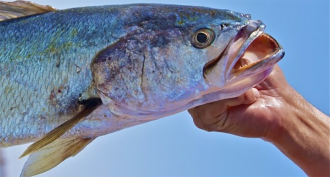 Animals
AnimalsListening to fish love songs can predict their numbers
Gulf corvinas croak for mates while in groups of millions. By listening to their undersea serenades, scientists may be able to estimate how many are out there.
-
 Animals
AnimalsBee hotels are open for business
Bee hotels are creating a buzz in conservation and research by offering nesting places for wild bees.
-
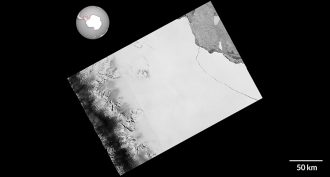 Earth
EarthAntarctic ice shelf sheds Delaware-sized iceberg
Larsen C is a major ice shelf in Antarctica. An iceberg the size of Delaware has just splintered off of it in one of the largest calving events ever recorded.
-
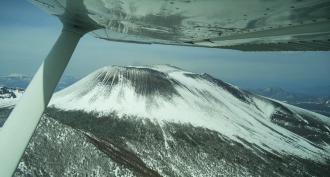 Health & Medicine
Health & MedicineHunting the mysterious source of a global illness
Doctors and scientists around the world are scouring the environment for the elusive cause of Kawasaki disease, a harmful childhood illness.
-
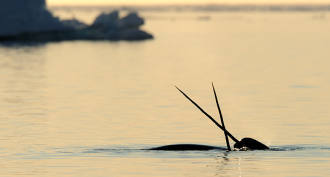 Animals
AnimalsBeware the tap of the narwhal’s tusk
A new video shows narwhals using their tusks to tap fish before eating them. They might be stunning their prey — or just playing with their food.
-
 Ecosystems
EcosystemsCool Jobs: Bringing caves’ dark secrets to light
These three cave researchers study caves to learn more about climate, geology and organisms that can survive some of Earth’s most hostile environments.
-
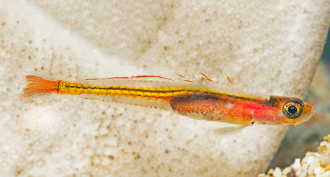 Ecosystems
EcosystemsCamera catches new fish species — as it’s eaten!
A video of a lionfish eating a new-found species of fish raises concerns about the threat lionfish pose to undiscovered species in deep reefs.
-
 Environment
EnvironmentTrees can make summer ozone levels much worse
The greenery can release chemicals into the air that react with combustion pollutants to make ozone. And trees release more of those chemicals where it gets really hot, a new study finds.
-
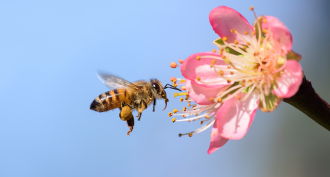 Animals
AnimalsPopular pesticide may harm bee flight
In a lab experiment, honeybees flew sluggishly after eating pesticide-tainted food.
-
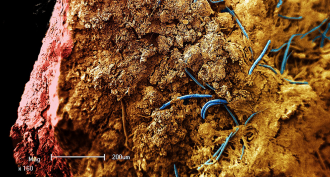 Microbes
MicrobesWorld’s deepest zoo harbors clues to extraterrestrial life
Scientists have found a wide range of life deep below Earth’s surface. The discoveries could help inform our search for life on other planets.
-
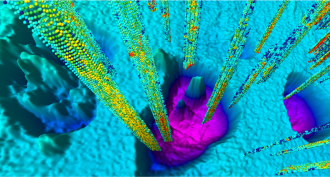 Earth
EarthAncient Arctic ‘gas’ melt triggered enormous seafloor explosions
Methane explosions 12,000 years ago left huge craters in bedrock on the Arctic seafloor. Scientists worry more could be on the way today as Earth’s ice sheets melt.
By Beth Geiger